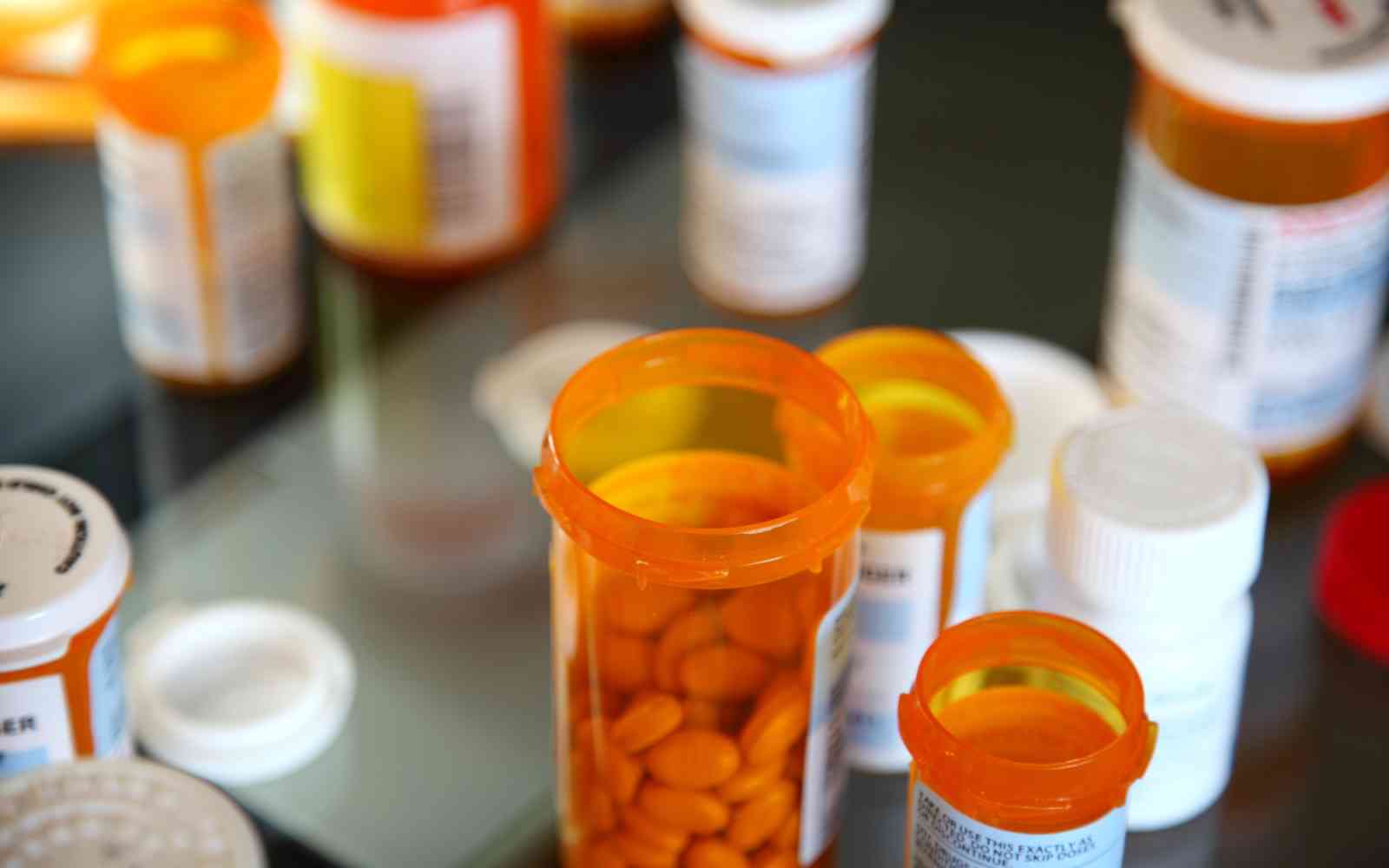The United Nations Office for Project Services (UNOPS)
This is no time for complacency: A statement from UNOPS Executive Director
Under-Secretary-General Grete Faremo addresses the 2022 First Regular Session of the UNDP/UNFPA/UNOPS Executive Board.
As the world fights ongoing issues of conflict, growing inequalities, climate change and the pandemic, Ms. Faremo spoke about the critical role UNOPS plays in helping to address these challenges.
“Through two years of operations in a pandemic, UNOPS has delivered, and at an unprecedented scale.
During her statement presentation, Ms. Faremo highlighted early estimates of UNOPS 2021 results, which indicate a total delivery of approximately $3.4 billion worth of projects supporting peace and security, humanitarian and development projects around the world. New contracts signed also reach this figure, alongside another $700 million worth of new agreements to support COVID-19 response and recovery efforts.
Following the Executive Board’s endorsement last September of the UNOPS Strategic Plan 2022-2025, Ms. Faremo reaffirmed its alignment with the UN’s Our Common Agenda. This includes a focus on quality infrastructure, improved public procurement and UNOPS Sustainable Investments in Infrastructure and Innovation (S3i) initiative.
“In our mandated areas we will continue to contribute to peace and security, humanitarian response, as well as the global development efforts of the UN, including in the most difficult environments, where the majority of our delivery takes place,” said Ms. Faremo.
Using examples of UNOPS work from Afghanistan and Ethiopia to Myanmar and Yemen, Ms. Faremo demonstrated the breadth of the organization’s work. These include providing essential information to those in acute need of help, helping tackle chronic food shortages, restoring essential public infrastructure and services, and managing large-scale health funds that improve access to healthcare for millions of people.
Speaking to one of the organization’s key mandated areas, Ms. Faremo underlined the critical importance of infrastructure in the battle against climate change. She also spoke to the vulnerabilities of health systems and supply chains around the world, exposed by the COVID-19 pandemic.
“For infrastructure across these dimensions, the conclusion is simple. Without radical change to how infrastructure is planned, delivered and managed, we will not achieve the objectives of the Paris Agreement and the Sustainable Development Goals,” said Ms. Faremo.
Addressing the topic of procurement, Ms. Faremo highlighted its significant potential to bring more efficiency, transparency and effectiveness to public spending across the board.
“Our work continues to help our partners tap into the huge unrealized potential of public procurement to attain the SDGs, combat climate change, tackle corruption and reduce inequality,” she said.
Touching on the Sustainable Investments in Infrastructure and Innovation (S3i) initiative – another key element of UNOPS new strategic plan – Ms. Faremo spoke about the organization’s ongoing efforts to expand the resources available beyond Official Development Assistance. She noted that the development of new business models and alliances with the private sector could ensure sustainable financing and contribute to addressing critical national infrastructure needs, such as affordable housing, renewable energy and health.
Leading an organization that has achieved gender parity in its workforce, Ms. Faremo reaffirmed UNOPS continued journey towards inclusiveness that goes beyond gender equality.
“Only by respecting diversity, and including the voices of all people, can we ensure a truly inclusive society, necessary for our efforts to build a sustainable and resilient future,” said Ms. Faremo.
Ms. Faremo concluded her statement by restating the organization’s resolution to help build a future of solidarity with each other and future generations. A future anchored in human rights. A future with better protection and management of our natural resources. And a future that is equal and sustainable for all.
Read Ms. Faremo’s full statement here.












